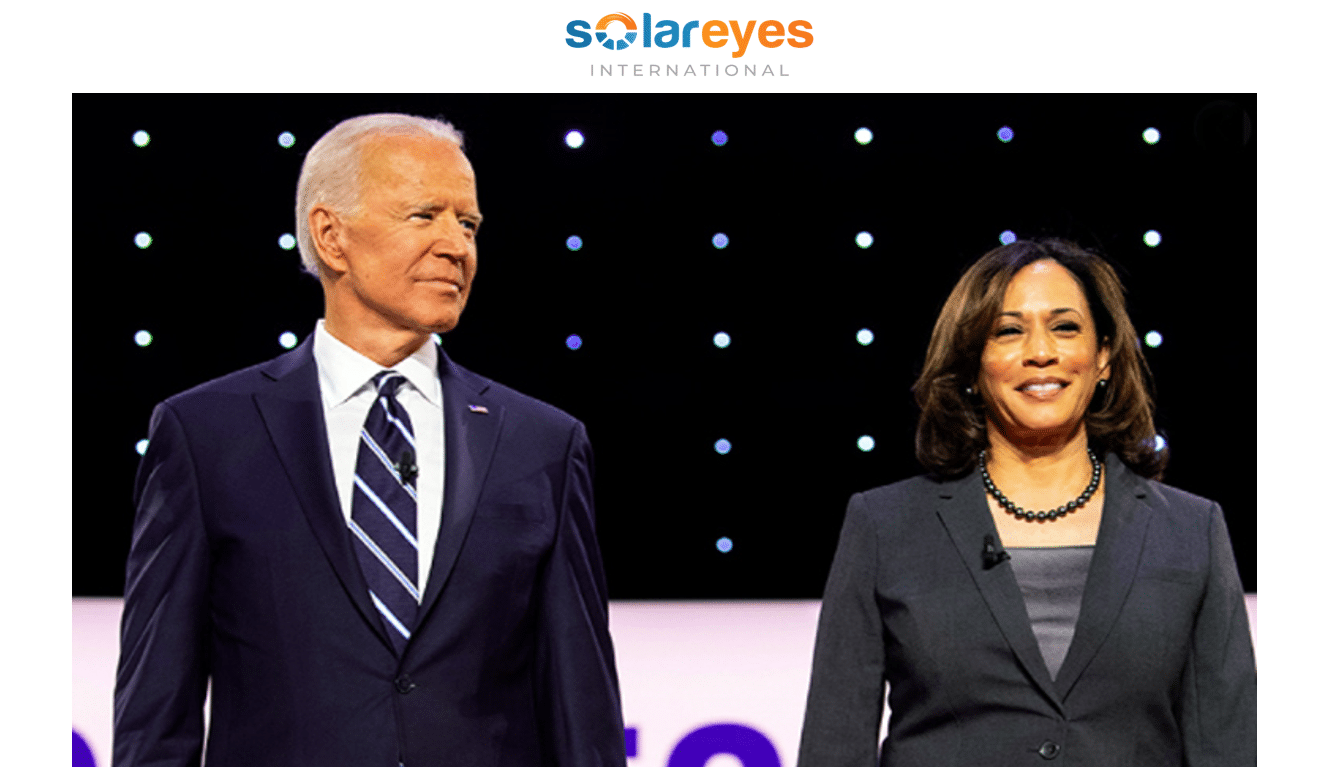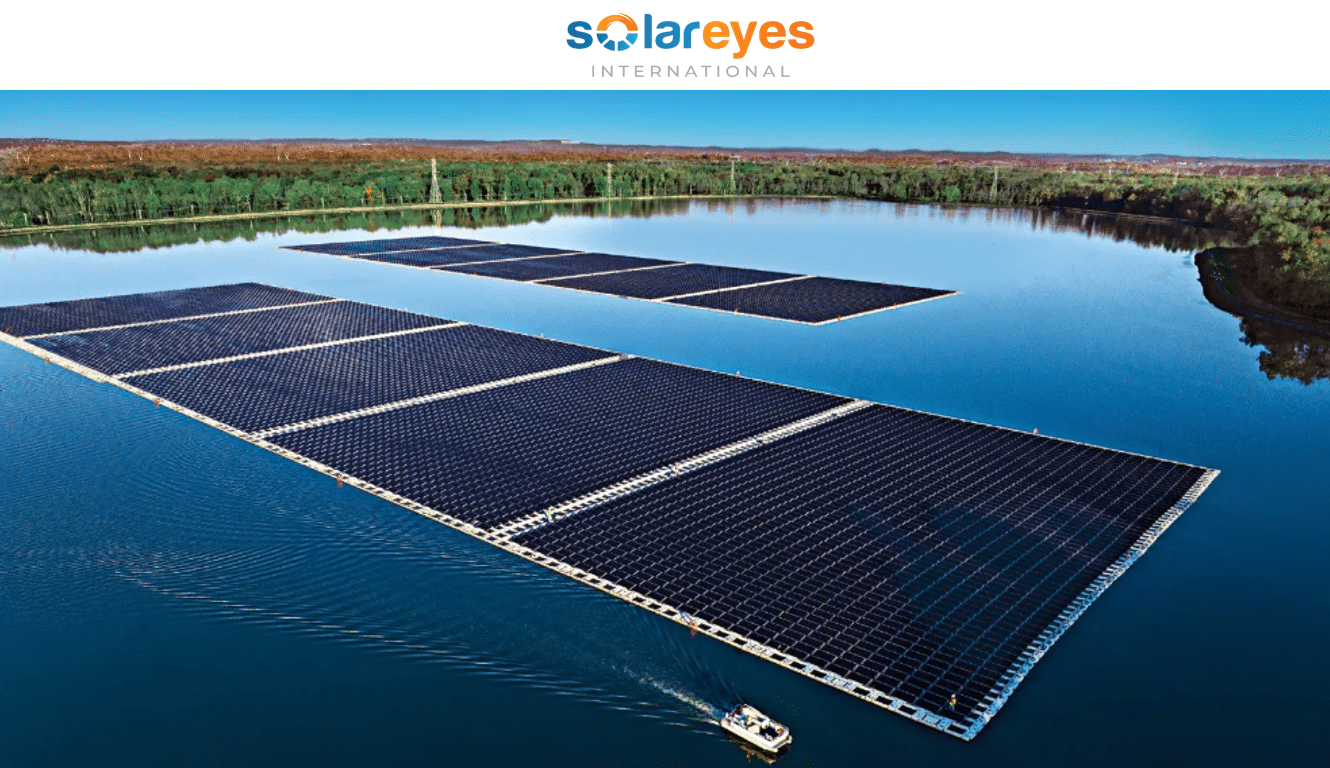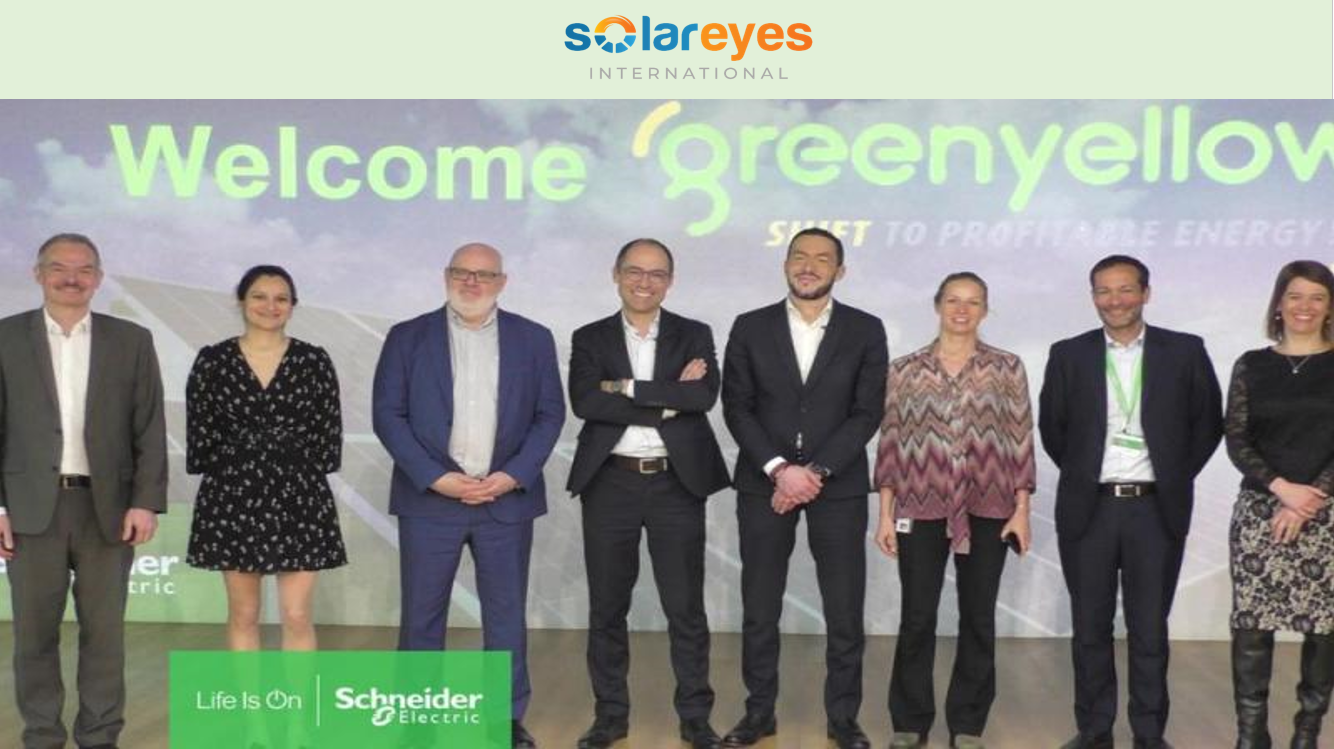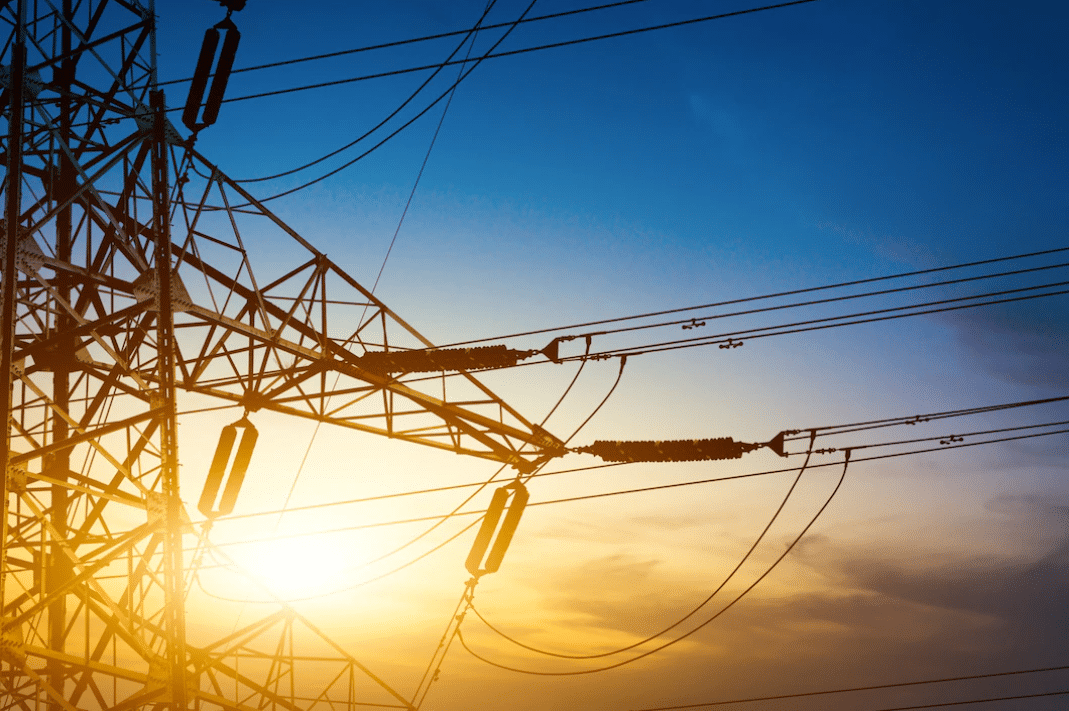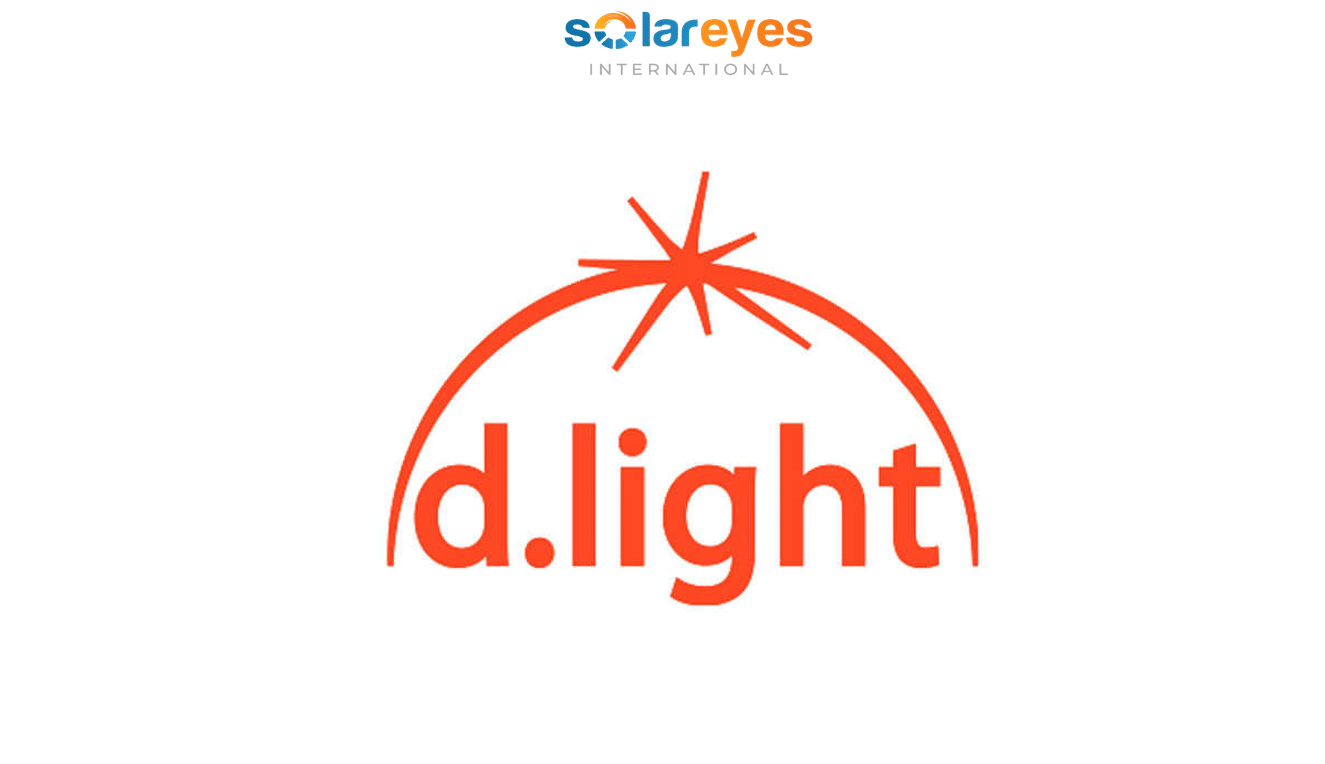VITALITE – Electrifying Zambian rural and peri-urban households through solar
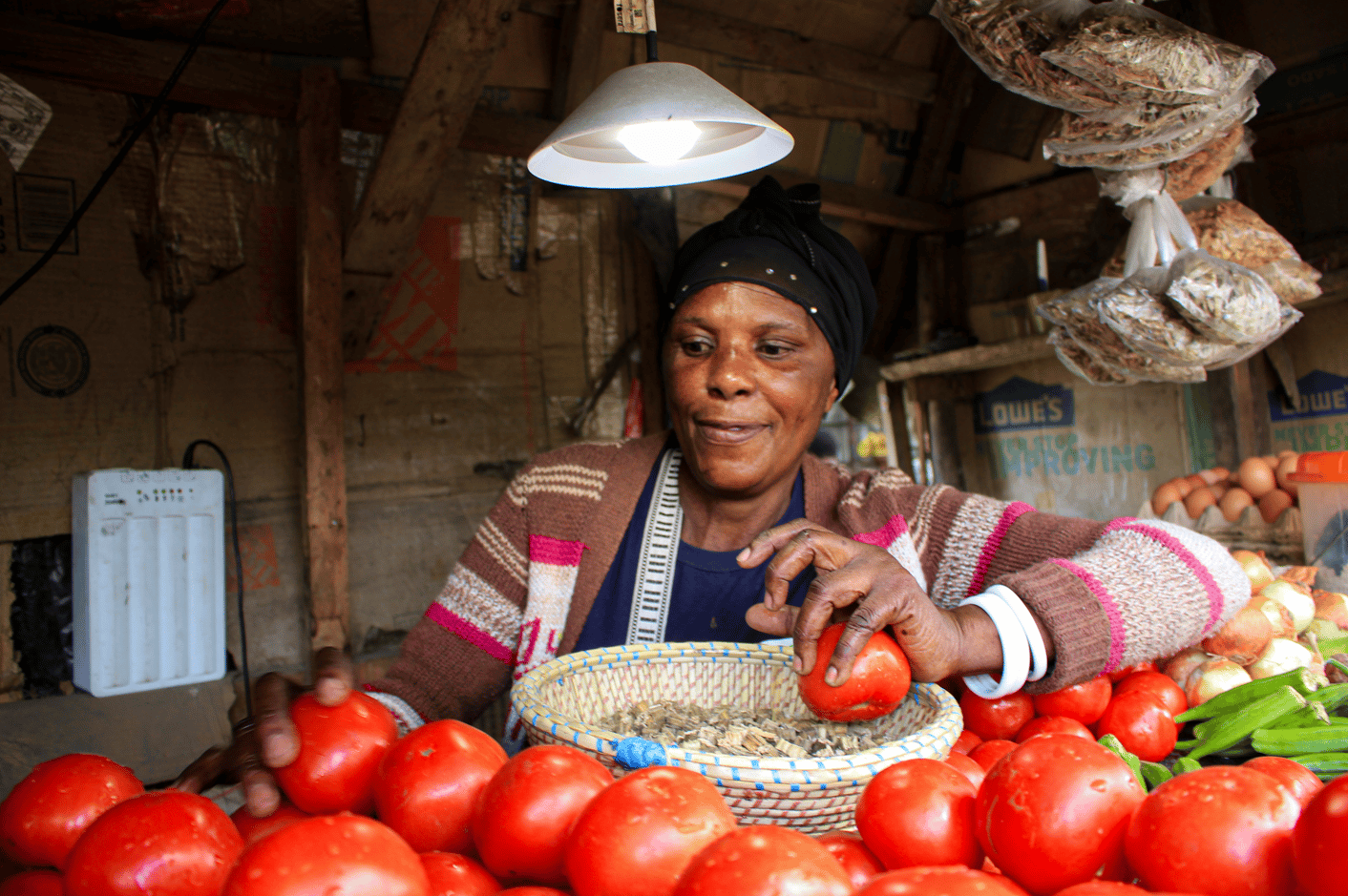
Energy poverty is a real problem in Africa and has the danger of impeding development in the continent. Close to 1 billion people still do not have access to clean energy in Africa.
There is a strong need for quick win options to solve the ever-increasing energy access challenge and solar has been proven to be one of the rightful paths.
WHY SOLAR ENERGY? – 10 reasons to go solar
With solar identified as a possible solution to the energy challenge, another challenge still remains, which is how one can develop last mile supported solutions that can reach the remote parts of Africa while being affordable.
This has been a challenge that VITALITE has taken, owned and excelled distinctively in Zambia’s rural and peri-urban areas.
*** ALSO CHECK: 12 CHALLENGES FACED BY SOLAR COMPANIES IN DEVELOPING COUNTRIES
VITALITE is a Zambian based commercial, impact-oriented business, seeking to support the achievement of Sustainable Development Goal 7, while enabling the achievement of many of the other SDGs.
Key business pillars for this impactful organization include solar home systems, solar for agriculture products and clean cooking, all linked through pay as you go (PAYGO) payment method to remove the upfront payment burden to customers.
WHAT IS A SOLAR HOME SYSTEM (SHS) – 7 treasure things to know
Through consumer financing and its supplier relationships, VITALITE offers quality solar energy systems to typically capital poor peri-urban and rural households. Through commercial success, VITALITE is creating impact at scale and has developed a trusted brand and network which their customers can depend on.
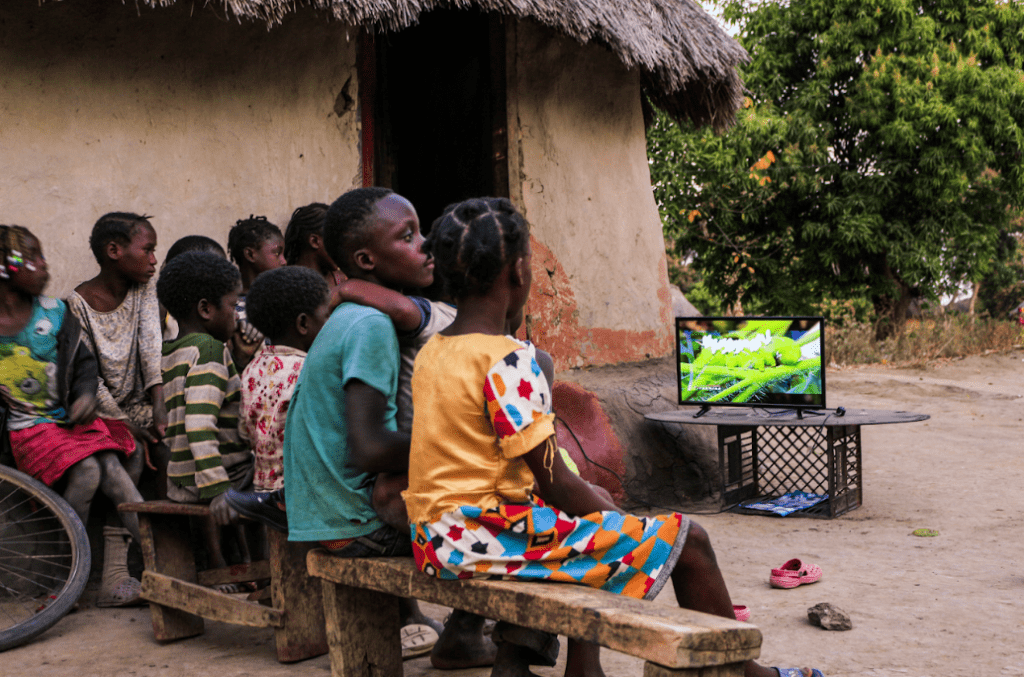
VITALITE’s work on access to electricity improves access to information, enables children to study in the evening, allows for charging of phones for communication, reduces fire hazards and emissions risks associated with the use of candles and kerosene lamps and improves indoor air quality – for starters.
In addition to these lifestyle impacts, productive use appliances can increase revenues of the households so as to create a livelihood impact.
HOW TO SIZE A SOLAR SYSTEM – 5 clear steps anyone can follow
The PAYGO approach also offers financial savings for households who switch from more expensive energy sources. This also introduces households to mobile money, and sets them on a path to financial inclusion. The socioeconomic and environmental impacts for each dollar invested in VITALITE are very high.
Status and Outlook for VITALITE
In Zambia, VITALITE has developed into a major PAYGO player. In Malawi, the business model has been effectively applied, and it is now ready for expansion. It has been demonstrated that the business model is scalable and reproducible by having the same business model replicated in two nations and with positive outcomes.
WE CARE SOLAR – 1000+ Solar Suitcase Installations Milestone Reached in Zimbabwe
VITALITE’s SHS PAYGO systems has reached about 50,000 households in Zambia and this has changed how households access energy across the country.
The next phase in VITALITE’s business plan for Zambia entails developing the refinancing activities allowing customers to access new products and services – building on their credit history – to enable continued financial inclusion. This will completely change the nature of the lifestyle a rural household can reasonably and credibly aspire to.
ABBREVIATIONS IN THE SOLAR ENERGY SECTOR
To enable quality systems VITALITE has a well trained team with permanent presence in rural areas. Strong distribution networks are used to reach final customers both in peri-urban and rural areas.
IMPORTANCE OF ENERGY SKILLS TRAINING INSTITUTIONS IN AFRICA – 7 Institutions to watch
Sustainable Development Goals and Access to Energy
The importance of energy access from a development perspective is demonstrated by SDG 7, which calls for universal access to sustainable energy.
Additionally, several of the other SDGs call for the provision of similarly efficient and sustainable energy. The energy access gap will remain constant in 2030, though, as electrification progress hardly keeps up with population increase at the current rate of electrification.
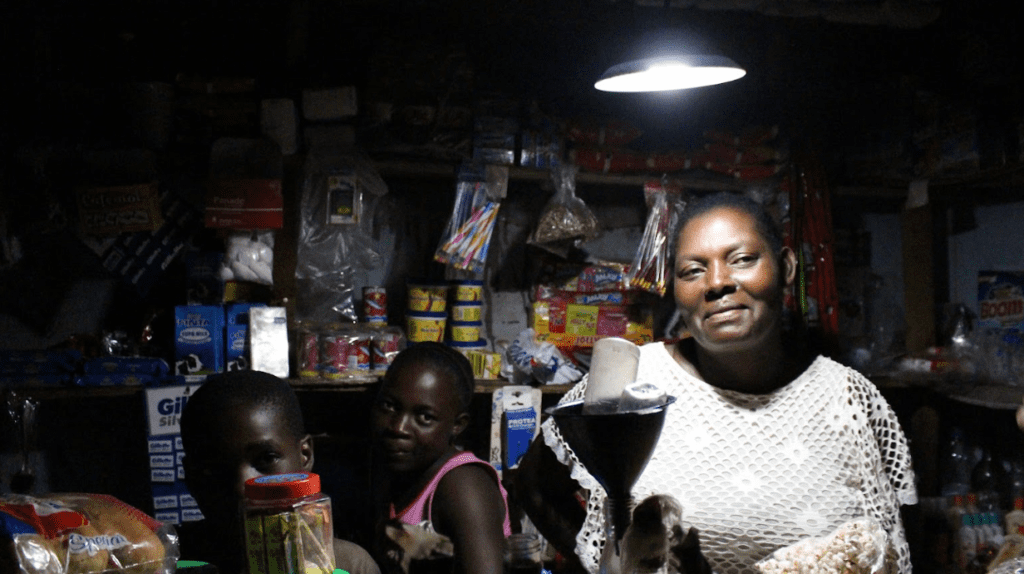
*** CHECK: LIVING UNDER THE GRID IN ZIMBABWE – little known facts about this catastrophe
The main challenge historically has been the high costs of grid electrification, where each new connection costs several thousand dollars per household.
In general terms, for each 1 dollar invested in energy generation capacity for a household, the cost of extending the grid to transport the energy costs 4 dollars or more – most of which normally has to be covered by scarce public funds.
As can be witnessed from VITALITE’s case, off-grid photovoltaic solutions can provide basic energy access at a cheaper cost when compared to grid based electrification especially for remote areas.
SOLAR FOR FESTIVE SEASON – 10 ways to spend the festive season with lights on
More information about VITALITE can be found on their website: https://www.vitalitegroup.com/
Keep Yourself Plugged!
Did you enjoy the above article on VITALITE – Electrifying Zambian rural and peri-urban households through solar? If so keep following us.
FOLLOW US ON SOCIAL MEDIA
TELEGRAM GROUP
LINKEDIN
FACEBOOK
*** ALSO CHECK: SOLAR SYSTEM COMPONENTS AND THEIR FUNCTIONS
WE CARE SOLAR – 1000+ Solar Suitcase Installations Milestone Reached in Zimbabwe
KYA-ENERGY GROUP – Championing access to sustainable energy in Africa
Leading the Charge: How Gadgetronix is Revolutionizing the Solar Energy Industry in Tanzania

